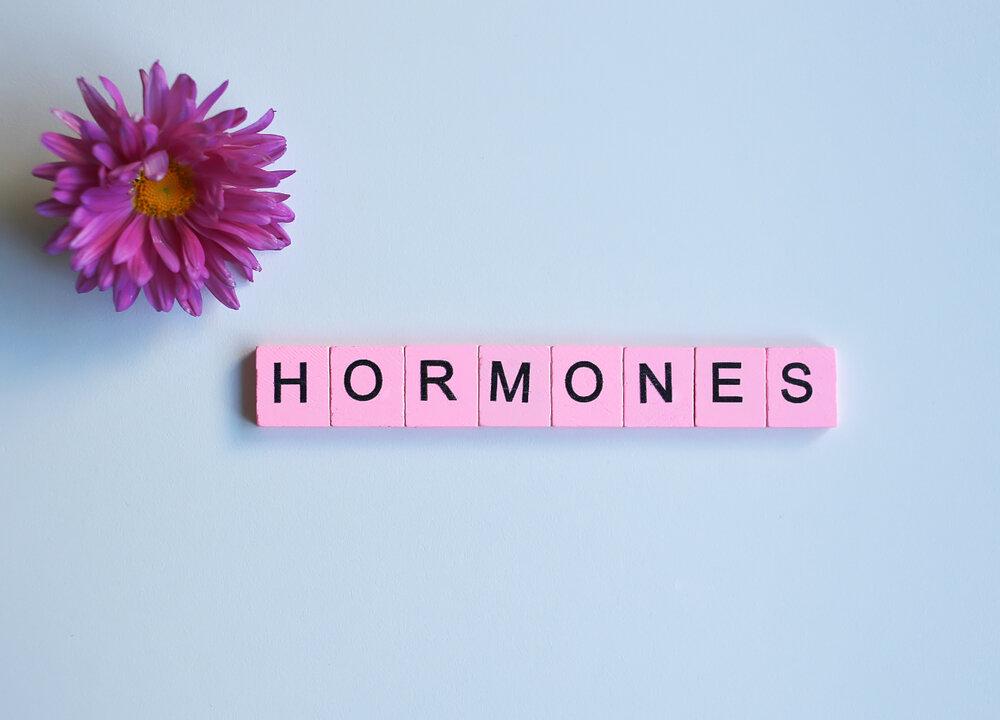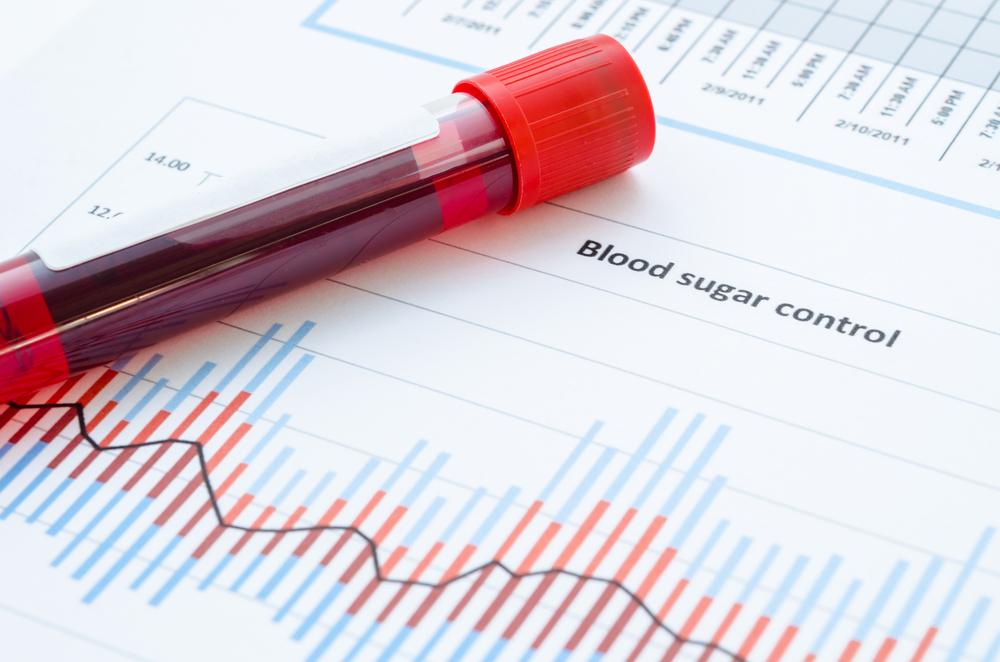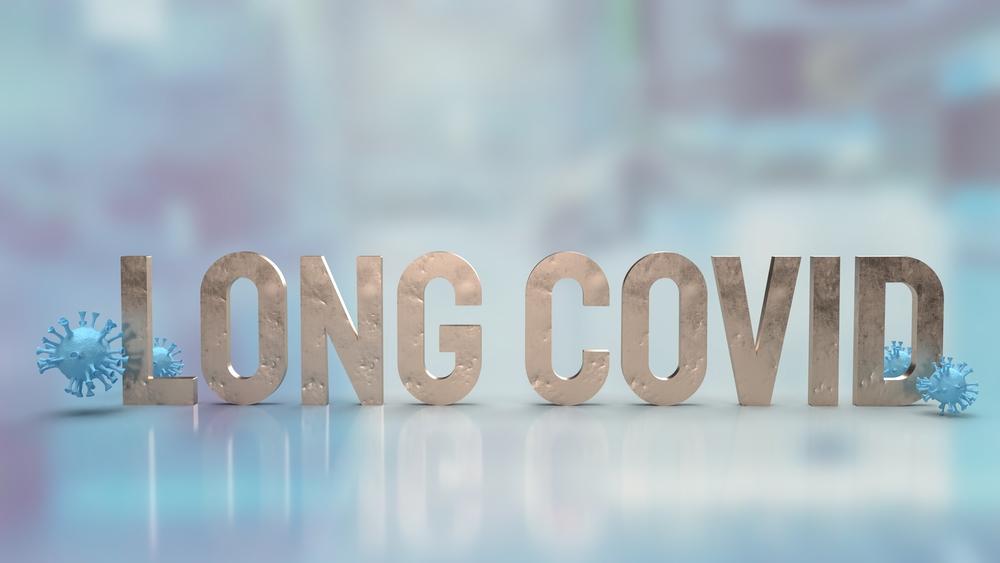Stress is a common part of daily life. Stress comes in a variety of different forms and happens every day. From trying to juggle family, work, and school commitments to issues like health, money, and relationships — we all have stress.
You’ve probably heard about how bad stress is for your mind and body, but you might not realize how serious of an impact stress can have on the brain. Research has found that stress can produce a wide range of negative effects on the brain ranging from contributing to mental illness to shrinking the volume of the brain.





